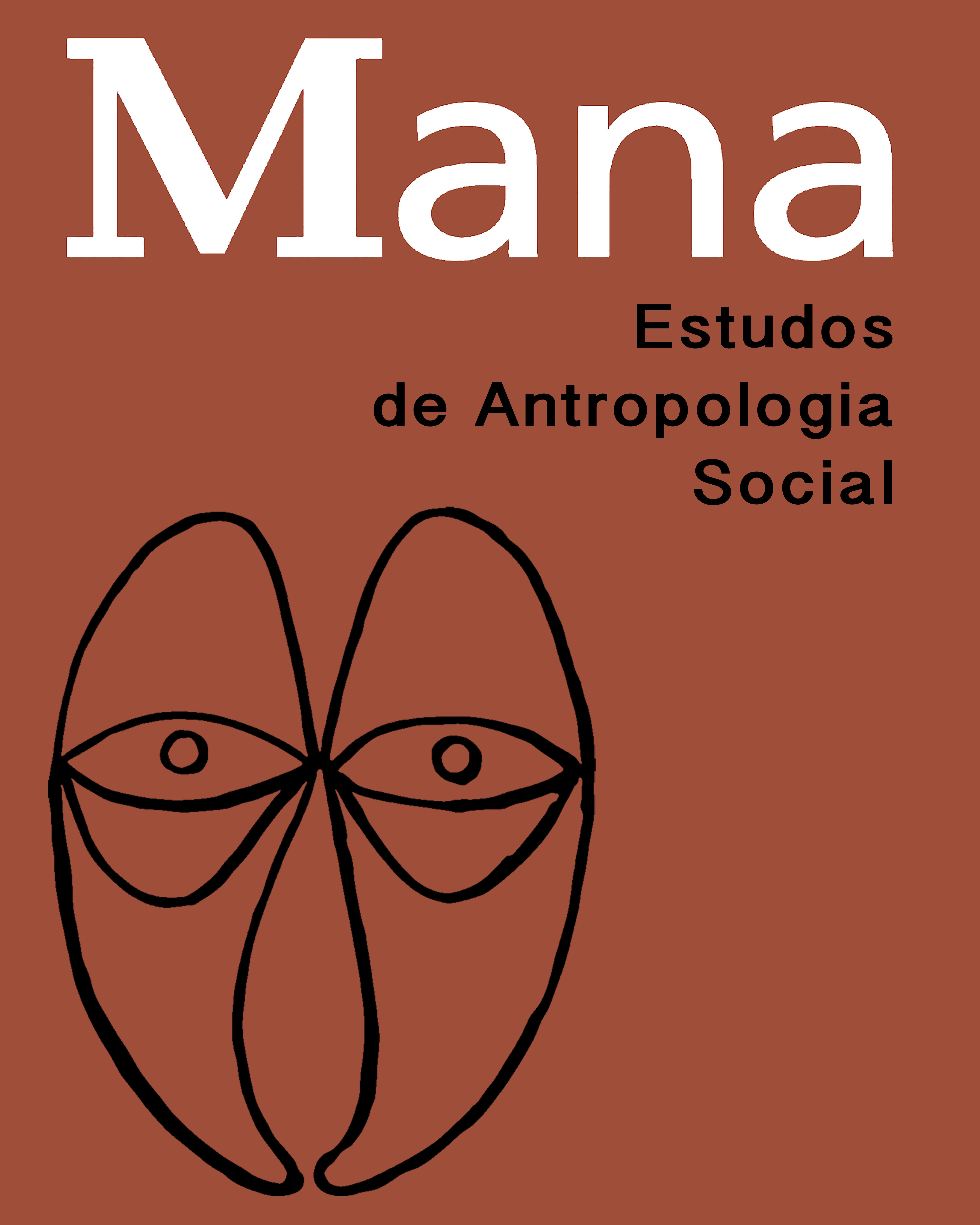Resumo em Português:
Nos últimos anos, observa-se no cenário urbano brasileiro o cruzamento entre novas formas de espiritualidade e práticas terapêuticas alternativas. Diferentes denominações têm sido utilizadas para definir tais experiências. Diversas publicações antropológicas e sociológicas, porém, já convencionam tratar o fenômeno com a denominação geral de culturas da Nova Era. Neste texto, pretende-se realizar uma reflexão, do ponto de vista terapêutico, sobre este tipo de trabalho e também sobre o exercício espiritual, além dos procedimentos visando ao alívio e à cura dos males ou sintomas no interior desse universo. Questões como a noção de trabalho, o espaço e os comportamentos ritualísticos, o tempo ritual e o tempo terapêutico, a relação terapêutica, as performances narrativas, os mediadores simbólicos, a relação entre mitos coletivos e narrativas pessoais são discutidas e relacionadas aos significados deste tipo de trabalho. Observa-se que, no decorrer de cada processo de tratamento, o objeto da cura dá lugar ao indivíduo como um todo. Um dos sentidos do presente trabalho é o empoderamento do indivíduo e a emergência do sujeito.
Resumo em Inglês:
Over the last few years, urban Brazil has seen the merging of new forms of spirituality with alternative therapeutic practices. Different labels have been used to define these experiences. Many anthropological and sociological publications, however, have already classified the phenomenon under the general rubric of New Age cultures. This text aims to reconsider this type of work - and the accompanying spiritual practices - from the therapeutic point of view, as well as examining the procedures used to alleviate and cure illnesses or symptoms. Issues such as the notion of work, ritual space and behaviours, ritual time and therapeutic time, the therapeutic relationship, narrative performances, symbolic mediators, the relation between collective myths and personal narratives are discussed and related to the central meanings of this type of work. The text concludes that each process of treatment involves substituting the object of the cure with the individual as a whole. One of the key meanings to emerge in the present work is the empowermnent of the individual and the emergence of the subject.
